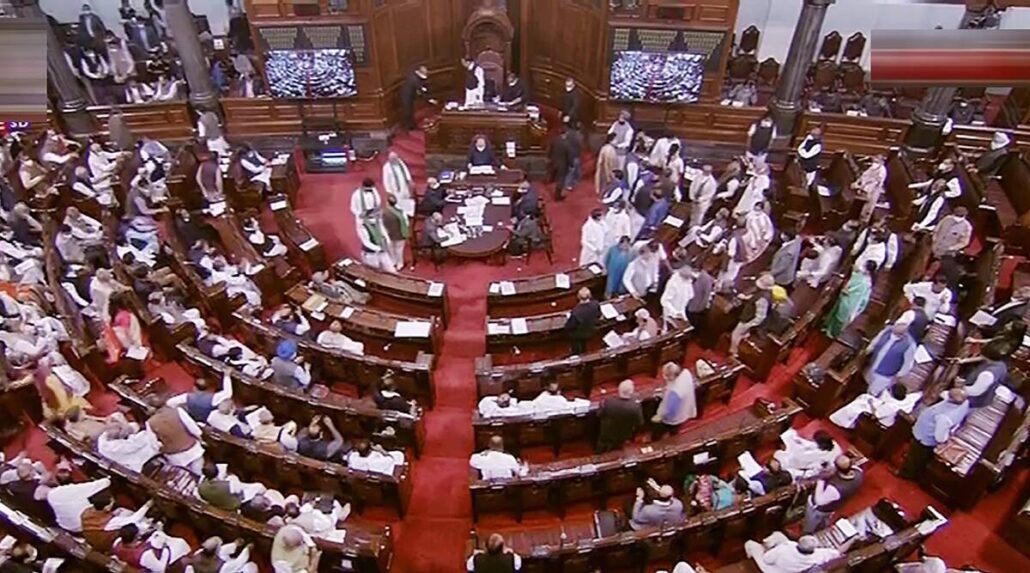
The Lok Sabha on Thursday passed the Waqf (Amendment) Bill, 2025, with 288 members voting in favor and 232 against, following over 12 hours of heated debate.
The bill, which introduces significant changes to the governance of Islamic endowments, was met with strong resistance from Members of Parliament (MPs) from Jammu Kashmir and Ladakh, who called it an attack on religious freedom and minority rights.
Sheikh Abdul Rasheed, MP from Baramulla, strongly opposed the bill, declaring, “I oppose this bill tooth and nail.” Accusing both the BJP and Congress of hypocrisy, he said, “BJP openly reminds Muslims of their rights, but Congress stabs Muslims in the back with the sweet juice of secularism.” Rasheed also questioned the Muslim community’s management of Waqf properties. “How many hospitals and universities have we built with Waqf? Are these properties being misused?” he asked.
Engineer Rashid, another MP from Jammu Kashmir, criticized the existing Waqf system, arguing that mismanagement had already weakened these institutions. While opposing the bill, he also emphasized the need for internal reforms.
Mian Altaf Ahmad, MP from Anantnag, was given five minutes to speak on behalf of his party and condemned the bill as “illegal” and “against minorities.” He argued that it strips state governments of their authority over Waqf matters, asserting, “This bill attacks the powers of the state government and brings a law that divides society.” Ahmad warned that such legislation damages India’s secular image. “By passing such laws, our country’s secularism is being questioned worldwide,” he said.
Mohmad Haneefa, MP from Ladakh, criticized the provision allowing non-Muslims to be included in Waqf administration. “If non-Muslims are included in the Waqf Board, this will directly interfere with the religious rights of the Muslim community and violate Article 26 of the Constitution,” he said. He also accused the government of attempting to “abolish the principle of Waqf by taking control of its assets, which have been historically protected by the Muslim community.”
During the debate, Aga Syed Ruhullah Mehdi, MP from Srinagar, was denied time to speak, despite his strong opposition to the bill.
His party, the National Conference, was only given a brief window, which was used by Mian Altaf Ahmad. Mehdi had prepared to raise concerns over the bill’s implications but was unable to present his arguments.
Sources close to Aga Ruhullah told The Kashmiriyat that he had formally requested time to speak, but the Speaker did not allow it.
The ruling government defended the bill, claiming that it aims to bring transparency and accountability in the management of Waqf properties.




